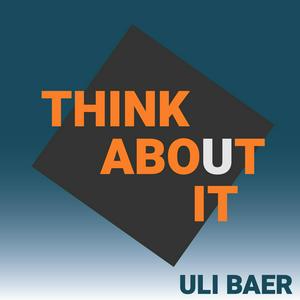Book Talk 63: Nietzsche Now! with Glenn Wallis
What would Nietzsche say… about today’s divisive issues and debates? I spoke with Glenn Wallis, author of the new book, Nietzsche Now!, on how the Great Immoralist guides us in understanding democracy, identity, civilization, consciousness, religion, and other urgent topics of our time. Wallis identifies six guiding principles in Nietzsche’s work that help navigate today’s concerns: curiosity, humor, courage, distance, solitude, and humor. Steeped in Nietzsche but never academic, dogmatic, or pious (which Nietzsche would have hated!), Wallis explains with infectious enthusiasm and meticulous care the reasons why Nietzsche may be the most relevant thinker for our time.
Glenn Wallis is the editor and translator of The Dhammapada and Basic Teachings of the Buddha (Random House), and the author of A Critique of Western Buddhism (Bloomsbury), An Anarchist’s Manifesto, and How to Fix Education (both with Warbler Press). He holds a Ph.D. from Harvard University and has taught at several universities, including Brown University, and at the University of Georgia as a tenured professor. He is the founder and director of Incite Seminars in Philadelphia.
Nietzsche Now! The Great Immoralist on the Vital Issues of Our Time (Warbler Press, 2023) is now available wherever books are sold.
Other Think About It episodes mentioned in this podcast:
Béatrice Longueness on Immanuel Kant’s What is Englightenment?
Melissa Schwartzberg on Jean-Jacques Rousseau’s The Social Contract
Glenn Wallis on Kahlil Gibran’s The Prophet
Ruth Ben-Ghiat on Threats to Democracy and H. L. Mencken’s Notes on Democracy
Learn more about your ad choices. Visit megaphone.fm/adchoices
